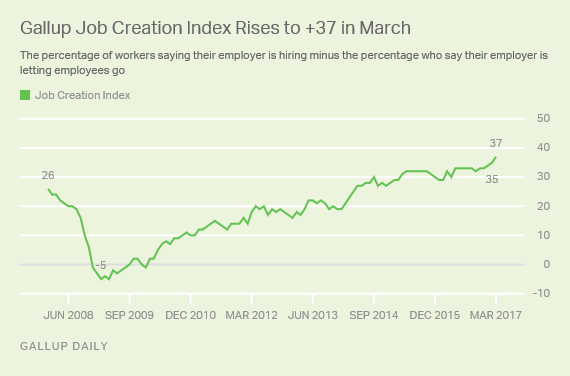At CFIF, we’ve unceasingly highlighted the foundational role of intellectual property (IP) rights – patents, copyrights, trademarks and trade secrets – in what we know as “American Exceptionalism.”
No nation matches our legacy of IP protection throughout the decades and centuries. Our Founding Fathers specifically inserted IP protections in Article I of the Constitution, even before the First Amendment or other Bill of Rights protections.
As a direct result no nation in human history remotely matches our legacy of scientific inventiveness, artistic innovation, global influence, power and prosperity.
And today, IP-centric industries account for about 40% of the total U.S. economy, and 45 million jobs – nearly 30% of the U.S. labor force. For perspective, that U.S. IP economic sector outsizes the entire economies of every other economy on Earth with the sole exception of China.
Recently, we’ve particularly highlighted the role that patent rights play in medical innovation, which has obviously taken on increased importance amid the coronavirus pandemic. Believe it or not, America accounts for an astounding two-thirds of all worldwide pharmaceutical innovation, due in large part to the IP incentives that allow innovators to receive the fruits of their difficult and costly labor. That continues today, more than ever.
But in the IP realm, copyright plays just as vital a role in America’s legacy of innovation, influence and prosperity. After all, just ask yourself what nation today or throughout history even approaches our artistic influence from music to cinema to television to any other form of artistic creation. That’s the direct result of strong copyright protections for innovators in the U.S.
Unfortunately, other nations not only don’t respect copyright and other IP rights to the degree that we do, they actively seek to undermine U.S. protections. As the latest example, the nation of South Africa, which hasn’t adequately or effectively protected U.S. copyrights. And making matters worse, the South African legislature recently passed two proposed laws that further weaken copyright protections and sent them to the South African president for signature.
Fortunately, the Trump Administration is standing up for U.S. copyright and must remain so.
By way of quick background, the U.S. government practices what is known as the Generalized System of Preferences (GSP) program, which allows for duty-free importation of various goods from developing nations that we designate as beneficiaries of the program. In April of last year, as part of our annual review of GSP beneficiary nations, the International Intellectual Property Alliance (IIPA) formally requested that the U.S. government specifically analyze South Africa’s status under GSP eligibility criteria because of South Africa’s longstanding inadequacy in terms of copyright protection for American copyrighted works. In October, the administration accepted that petition and commenced a review, including a public hearing that occurred on January 30 of this year. As the U.S. government rightly reconsiders South Africa’s GSP eligibility, petitioners ask that its legislature reconsider the two proposed bills and remove the defective anti-copyright provisions.
If that corrective action by South Africa’s government does not occur, the U.S. should in fairness withdraw South Africa’s continuing enjoyment of the GSP program’s benefits.
Unfortunately, some groups here in the U.S. seek to undermine American copyright laws, and are acting to pressure the Trump Administration and government officials to give South Africa a free pass.
That mustn’t be allowed. Our protection of copyright and other IP rights is a primary – if not the primary – reason for America’s unrivaled legacy of innovation and prosperity.
The Trump Administration has strengthened America’s IP legacy after eight years of decay under Barack Obama. For example, the administration strengthened IP protections during renegotiation of the North American Free Trade Agreement (NAFTA) in the new U.S.-Mexico-Canada Agreement (USMCA). That included stronger patent protections for pharmaceuticals, as well as higher enforcement against counterfeit copyrighted and other goods. It is doing the right thing with regard to South Africa as well, and it mustn’t allow domestic or overseas interest groups to pressure it into doing otherwise.
Particularly at a time like this, we cannot allow other countries to undermine our legal rights globally, whether South Africa or others.











 CFIF Freedom Line Blog RSS Feed
CFIF Freedom Line Blog RSS Feed CFIF on Twitter
CFIF on Twitter CFIF on YouTube
CFIF on YouTube